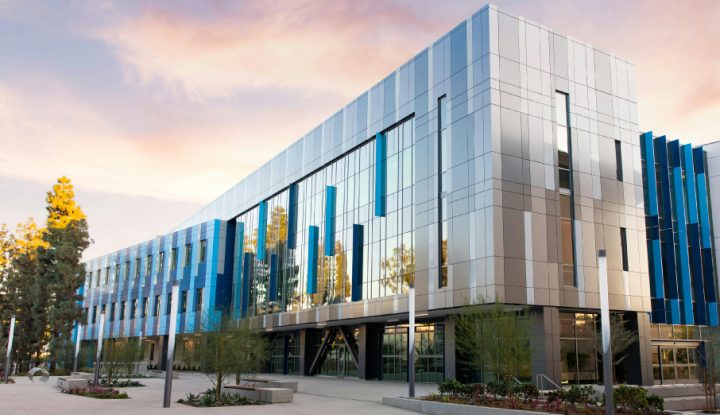n recent years, the airline industry has witnessed a profound transformation, largely attributed to the integration of Artificial Intelligence (AI) and Machine Learning (ML) technologies. According to the Global Airline Retailing Market Research Report, the global airline retailing market is expected to reach USD 42.35 billion by 2030, growing at a CAGR of 16.49% from 2023 to 2030. Modern airline retailing strives to deliver a travel experience that is not only seamless and intuitive but also intelligent, covering every aspect from shopping and booking to fulfilment. This approach transcends conventional air and ancillary services, offering a broad spectrum of innovative options and non-air extras such as car rentals, accommodations, excursions, and events. The goal is to establish a comprehensive and convenient one-stop solution for travellers.
Airlines are strategically investing in customer-centric experiences and offerings that enhance and customize travel experiences which include customer-centric pricing, biometrics, robotics, and contactless travel, emphasizing digital self-service. Moreover, airlines are embracing AI and ML to enhance operational efficiency, flexibility, and real-time customer engagement, enabling effective cross-selling, upselling, and service provisioning. The analytical capabilities of AI and ML technologies empower airlines to examine extensive datasets, recognize trends and patterns, facilitating data-driven decision-making and personalized service delivery.
Read the full article here.
This article authored by Sandeep Bhasin appeared in Financial Express.







